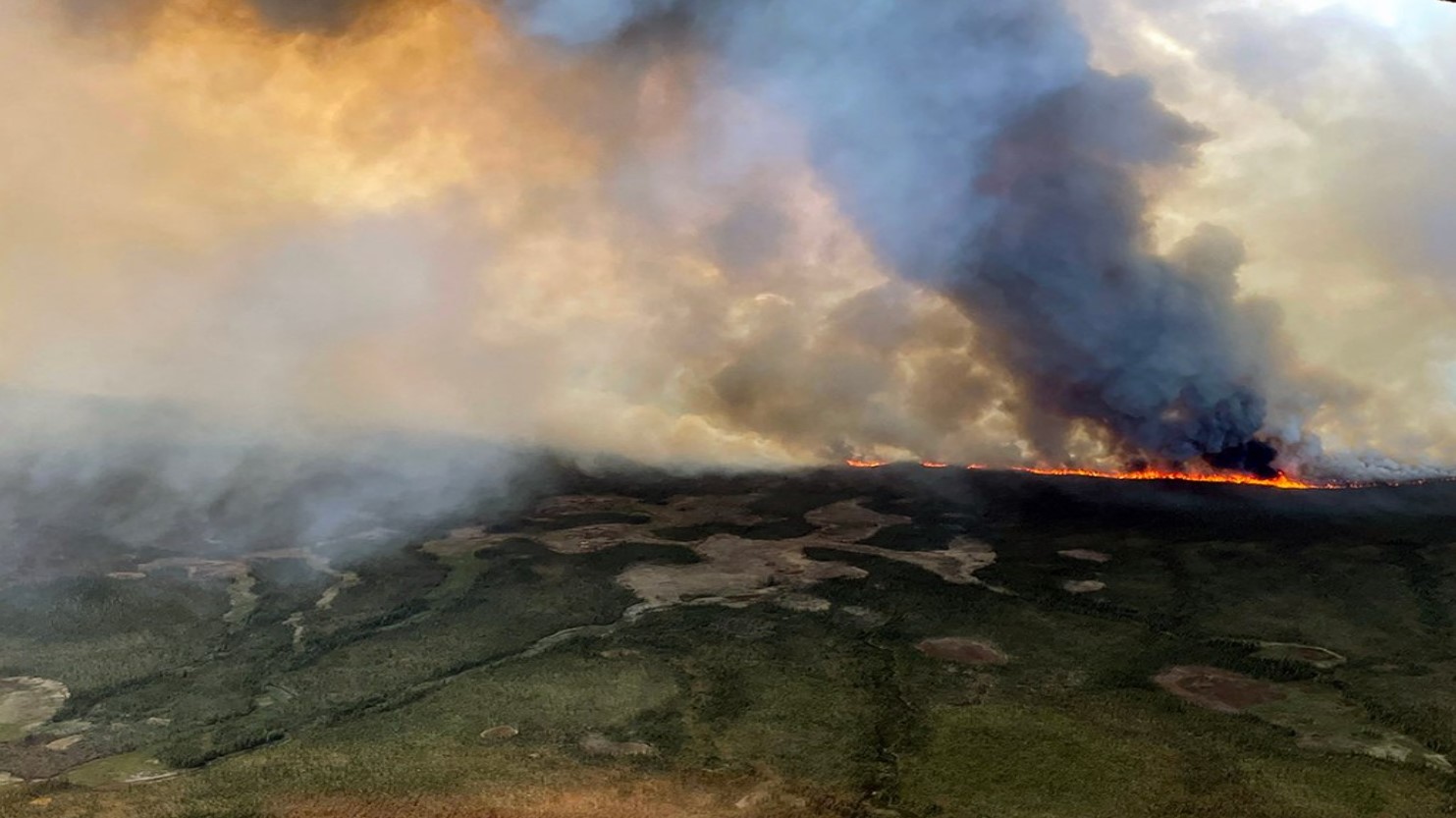‘Insurmountable Loss of Lives and Livelihoods’ – Global Heatwave Shatters Records, Here’s What It Means
Driven by unusually warm oceans and an unseasonably mild Antarctic winter, Earth experienced its hottest days ever recorded.
Sunday, July 3rd, and Monday, July 4th, 2024, saw record-breaking temperatures, with Monday’s global temperature reaching 62.87°F. These extremes mark the hottest days in recorded history.
Climate Change in Action
“These peaks are not normally isolated,” said Carlo Buontempo, director of European climate service Copernicus. The extreme temperatures are a direct consequence of human-caused climate change.

Source: Freepik
Greenhouse gases have significantly increased, leading to a general warming of the planet, which has become more evident with each passing year.
Global Impact Areas
The western United States, Canada, and eastern Siberia were notably warm during this period.

Source: Freepik
These regions experienced higher-than-usual temperatures, contributing to the global heatwave. This widespread impact highlights the global nature of the climate crisis and the urgent need for action.
Historic Temperature Rise
The global average temperature on Monday, July 4th, 2024, was 0.1°F higher than Sunday. This surpasses the previous record set just a year earlier on July 6th, 2023.

Source: Freepik
The steady increase in temperatures indicates a worrying trend of accelerating climate change.
Human-Caused Climate Change
“The climate is generally warming up as a consequence of the increase in greenhouse gases,” Buontempo stated.

Source: Wikimedia
The continuous rise in global temperatures is a clear sign of human-caused climate change, with the burning of fossil fuels being a major contributor.
Unprecedented Heatwave
The Earth has set heat records for 13 straight months. Over 1,600 locations worldwide tied or broke heat records in the past week alone.

Source: Freepik
This unprecedented heatwave is a prime example of the severity of the climate crisis and the immediate need for global action to mitigate its effects.
Historical Context
Climate scientists suggest this could be the warmest period in 120,000 years. While exact comparisons are challenging, the evidence indicates modern temperatures are unprecedented.

Source: Wikimedia
This heatwave could signal a new era of extreme temperatures and their associated impacts on life and the environment.
Catastrophic Consequences
Roxy Mathew Koll from the Indian Institute of Tropical Meteorology emphasized the severe impacts, stating, “We are in an age where weather and climate records are frequently stretched beyond our tolerance levels.”

Source: Freepik
Koll went on to note that the loss of lives and livelihoods due to extreme temperatures is a catastrophic consequence of inaction.
Urgent Call for Action
Cornell University climate scientist Natalie Mahowald highlighted the need for stronger action to cut CO2 emissions.

Source: Freepik
The increase in heat-trapping gases is driving global temperatures to dangerous levels, and immediate policy changes are necessary to prevent further damage.
Uncharted Territory
Buontempo warned that the world is in “uncharted territory.”

Source: Freepik
The significant difference between current and previous temperature records indicates an urgent need to address climate change. Simply put: without action, new records will continue to be set, exacerbating the crisis.
Impact on Everyday Life
Global mean temperatures are crucial, but the real impact is felt locally. Extreme temperatures affect our backyards, rivers, and mountains, disrupting daily life and natural ecosystems.

Source: National Interagency Fire Center/Wikipedia
Understanding this local impact is vital for making connections and addressing the broader climate crisis.
Future Outlook
Despite the end of El Nino, its lingering effects, combined with consistently warm oceans, suggest that 2024 may surpass 2023 as the hottest year on record.

Source: Freepik
The continuous rise in global temperatures highlights the urgent need for comprehensive climate action to prevent further catastrophic impacts.
